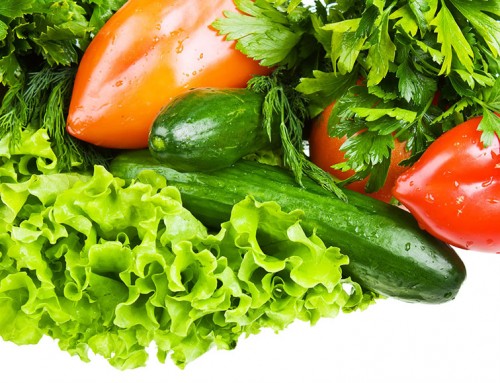Nutritionally speaking, the swirling discussions for what brand, label, supplement or food product provides the most nutritional value have created a lot of misunderstanding for applying the promoted health information. What is understood is that the Standard American Diet and fast-food eating habits of many is not sufficient for supporting optimal health. Because of dietary deficiencies, many chronic illnesses present in our society are being treated with pharmaceutical and supplement options. But, are increased quantity of pills, as medicine or as nutritional supplements, able to make enough of a difference for long-term health, or reduced health risks?
To promote or recover health and wellness as more energy, quality sleep, reduced aches and pains, improved blood chemistry tests, fewer pills, more exercise that is both challenging and enjoyable there must be more attention directed to improving both the quantity and quality of dietary intake. Too many people believe that healthy meals come from restaurants, fast food chains and frozen, packaged or prepared food items from a grocery store. It is also believed that actually cooking a meal from “scratch” is too hard, takes too long and will not be delicious or enjoyable. My work with clients helps me to tell you that eating whole, fresh foods prepared in your kitchen as easy meals is a goal that is more easily achieved when the benefits of fresh foods and the simplicity of preparation are understood.
The quality of fresh foods that include fresh leafy greens, cooked greens, colorful vegetables, beans, nuts, seeds, brown rice, fish and more is the foundation that matters to your body. These foods provide the vitamins, minerals, enzymes, fiber, complex sugars and many supporting photo chemical nutrients that have a stronger influence for improving health than do pills or processed products. Quality nutrients come from whole, fresh foods found mostly in the produce section of the grocery store or at your local farmer’s market. Nutrition is best measured by the quantity of fresh foods you consume compared to the quantity of packaged or processed foods that promise convenience, comfort or sweetness.
The amazing thing about eating fresh? It isn’t hard to do! Begin with eating just one salad everyday, even if you are buying it at a store. Then begin making that daily salad from ingredients found in your local market; be sure to add one tablespoon of raw seeds (think pumpkin or sunflower) and a 1/4 cup of cooked beans or other protein to make this salad into a meal. Use just one tablespoon of olive oil and one tablespoon of balsamic or other vinegar as your dressing to keep that salad simple, uncomplicated and delicious.
Working with fresh foods in your kitchen means learning to buy fresh produce instead of frozen, canned or dehydrated and packaged food items. An important time saver for making fresh foods “grab and go” is washing all your produce on the day that you buy it; when you put it in the refrigerator, everything is “ready to eat” or use in a recipe. Very little will spoil if you make grocery shopping day your clean-and-store the produce day as well. An easy produce bath is to first clean your kitchen sink, fill halfway with water and add 1/3 cup of vinegar, 1/8 cup of hydrogen peroxide as a veggie wash, then add your veggies, fruit and leafy greens. Scrub &/or rinse then drain, pat or use a spinner to dry. Place leafy greens in produce storage bags and refrigerate perishable items. You will appreciate the ability to “grab and go” for a snack or prepare a quick steamed vegetable or stir fry for your meal without a lot of fuss.
Eating a daily salad will gradually increase your intake of quality whole and fresh foods to reduce the quantity of processed food nutrients in the form of supplements, powders, snack bars, etc. When a support food supplement is required due to stress or illness, your body will have a foundation of quality nutritional intake from foods to make that supplement useful in reduced amounts.
Energy and vitality consistently depend on what you eat (fresh, packaged, or convenience foods), how you eat (on-the-go, distracted, or taking focused time for meals), drinking pure water (not coffee, black or flavored teas, soft drinks, or alcohol) and making time to exercise. Begin with improving both the quantity and quality of what you eat and drink; you will empower your body to support and improve your health daily.





